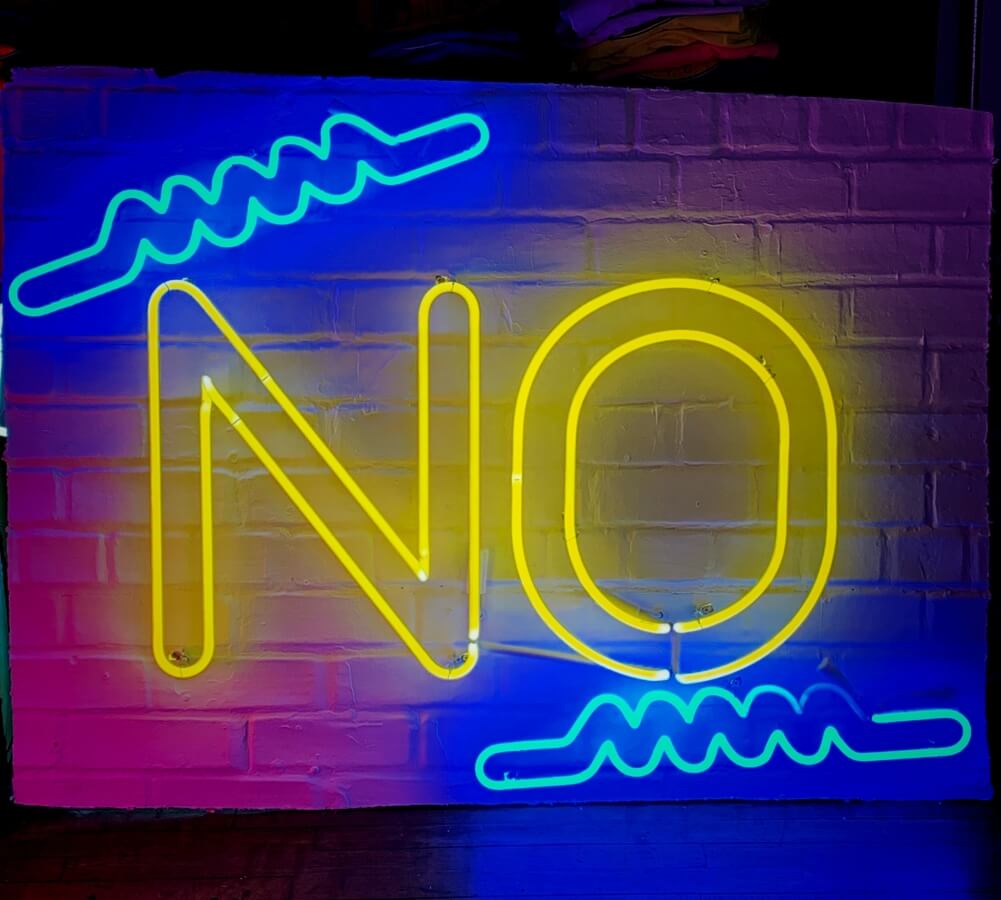Are Countries Masculine or Feminine in French?
Not too long ago, I wrote a post about the gender of nouns in French. Everything has a gender, so it’s important to understand the differences. This gets complicated for people whose native languages don’t have genders or where they are rarely used. That’s why many of them ask, “Are countries masculine or feminine in … Read more










